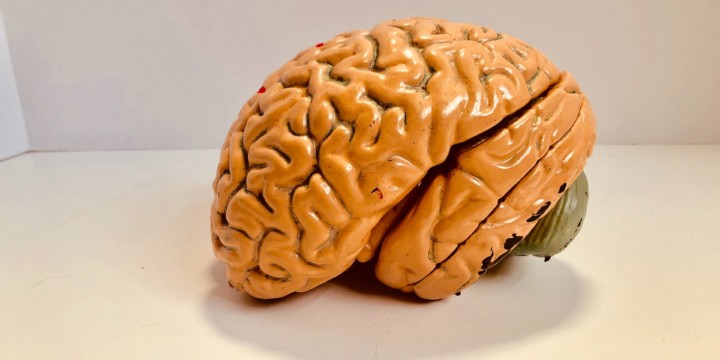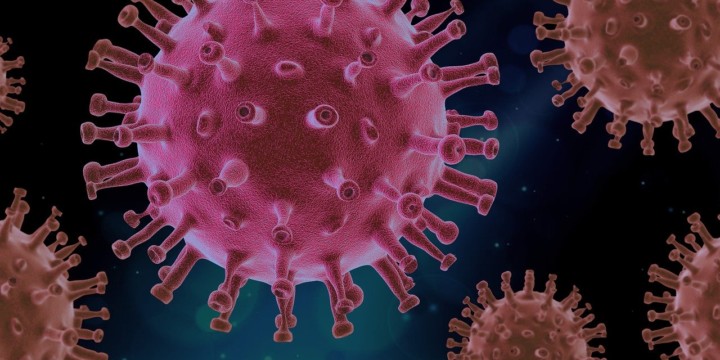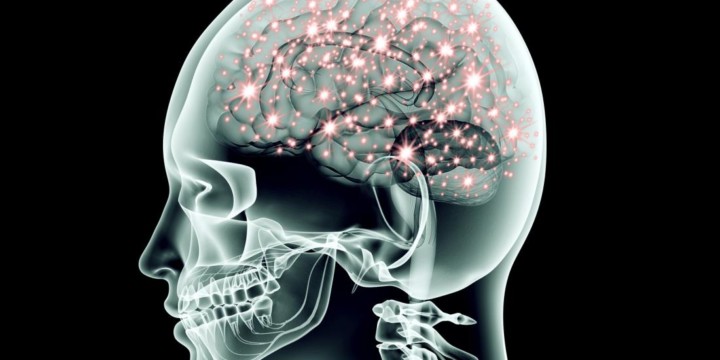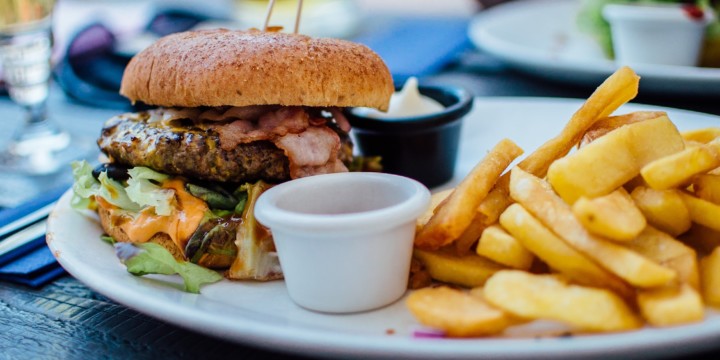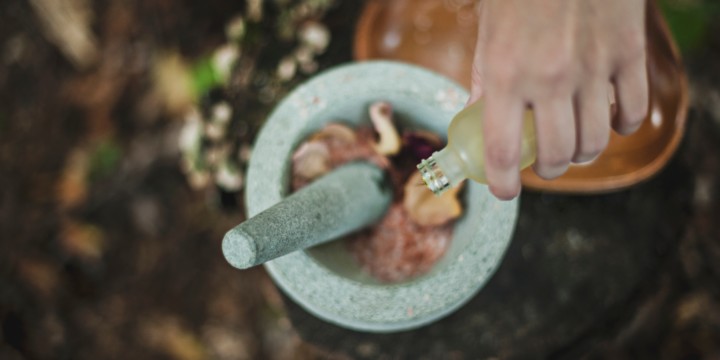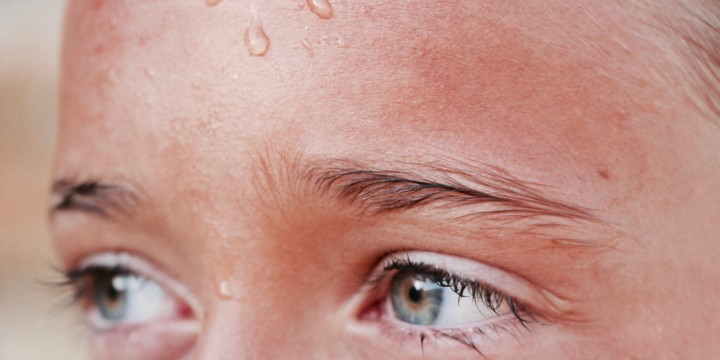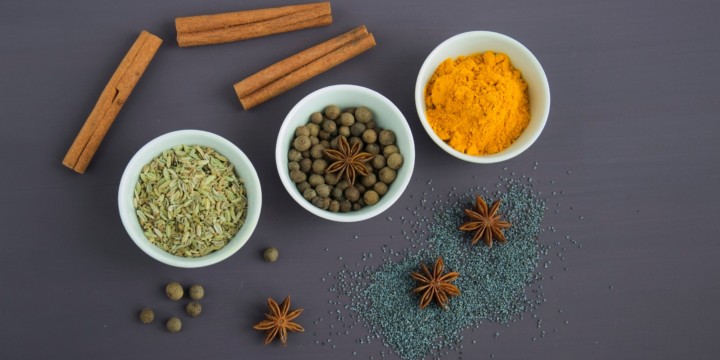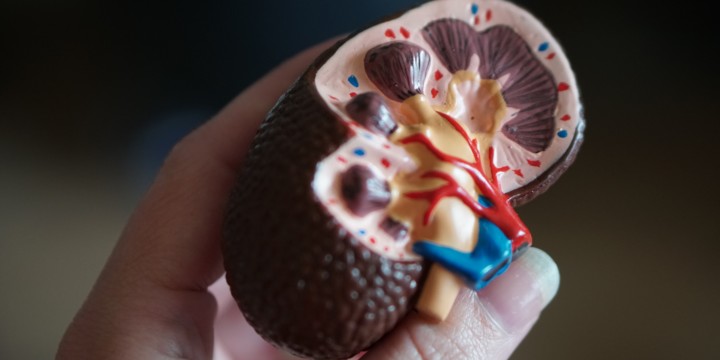Physiology of Asthma
Asthma is an inflammatory disease of the airwaves of the lungs. The most common cause of inflammation of the airways is allergens. In most cases, asthma persists for the lifetime and is not curable.
Due to increasing air pollution, we see a drastic increase in the incidence of asthma, especially among children.
Causes
- Low air quality and high ozone content in the air are the leading causes of asthma
- Indoor pollutant such as dust, mites and animal dander greatly attributed to causing asthma
- People suffering from allergic rhinitis and atopic eczema are more prone to develop asthma
- Asthma in infancy is attributed to genes as it can be hereditary
- Drugs such as beta blockers and aspirin are known to induce asthma
Symptoms of Asthma
Cold, cough, wheezing, breathlessness, chest discomfort or tightness, disturbed sleep, bowel disturbances, and, anxiety are few symptoms
Some people with asthma rarely experience any symptoms, a few develop persistent symptom and the remaining develop an aura like experience before an asthma attack.
Treatment in Allopathy
- Diagnosis is arrived by following spirometry report
- In allopathy there is no cure for asthma, trigger factors are identified and eliminated.
- Bronchodilators like salbutamol, salmeterol and theophylline help open up airway relieve chest discomfort and breathlessness. They are available in the form of tablets, injection, and inhalers.
- Steroids help in reducing the inflammatory response. Available as tablet, injection, and inhaler. Eg: prednisolone and dexamethasone
- Mast cell inhibitors such montelukast and zafirlukast reduce allergic reaction and reduce inflammation available as tablets and in inhalers
- Intravenous magnesium sulfate increases the efficacy of bronchodilators and is used in severe cases when bronchodilators are not effective in reducing the symptom
- Oxygen is used to reduce hypoxia if the oxygen saturation is low.
Asthma and Ayurveda
Vitiation of kapha dosha is the main causes of asthma according to Ayurveda. A weak digestive system in effecting imbalances in kapha dosha, hence the treatment is aimed to rectify the digestive fire, cleansing the toxins from the body, boosting the body’s immune system and to pacify the kapha dosha. Ayurveda has been successful in curing many cases of asthma.
Treatment of Asthma in Ayurveda
The treatment in Ayurveda focuses on balancing the vitiated doshas, getting rid of the toxins deeply lodged in the tissues, and building the immunity.
Ayurvedic therapy (Panchakarma)
Oleation therapy (snehana): For the first 7 days patient undergoes external oleation in the form of oil massages, followed by internal oleation for the next 7 days with daily intake of ghee, prepared from the milk of the grass eating cow. During this period the patient undergoes swedana (sweat therapy) as well.
Laxative therapy (virechana): This follows snehana and swedana using 2-3 tablespoon of castor oil to cleanse the digestive tract and finally, therapeutic vomiting (vamana) is initiated and is the most important part in diseases involving the respiratory system.
Vamana is performed in three consecutive mornings following a light breakfast with madanaphala, an emetic herb. After completing these therapy ayurvedic herbs are prescribed and to increase its efficacy
Diet modifications
- Grains such as wheat, rice and barley rich in fibre are beneficial in correcting the digestive system
- Avoid yoghurt, cheese, creams and banana as their consumption leads to accumulation of ama
- Fatty and fried food items are hard to digest and better avoided
- Sprouts, citrus fruits and green leafy vegetables are beneficial in treating asthma as they cleanse the digestive system; reduce inflammation in the respiratory pathway and boosts the body’s immunity
- Flax seeds, chia seeds and sunflower seeds are rich in omega 3 fatty acids and very beneficial in boosting the body’s immunity and reducing inflammation in the body
- Dry fruits should be consumed in moderation
- Increased water intake is water is beneficial in rectifying the digestive fire.
Lifestyle changes
- A major cause of asthma is an allergy, hence identifying the allergen and protecting oneself from it essential.
- Regular exercise such as swimming, walking, jogging, yoga, pranayama and meditation is very essential in treating asthma
- It goes without saying that smoking is injurious to health and a cause for asthma too
- Reducing stress has proven beneficial in reducing asthma attack
Ayurvedic herbs
- Sirisha (Albizia lebbeck) is an indigenous tree used for asthma, known to contain saponins that reduce histamine, which is responsible for narrowing the airway and elevate cortisol which relaxes the airway.
- The leaves of Antamoola ttylophora indica) are used in asthma as they act as an expectorant and expel the mucus.
- Kutki (Picrorhiza kurroa) root is used in the treatment of asthma as it strengthens the immune system and decreases the severity of the attack
- Kantakari (Solanum xanthocarpum) and Vasaka (Adhatoda vasica) is mucolytic, antitussive, antispasmodic and expectorant and is very effective in treating asthma.
Yoga and Pranayama
Yoga and pranayama are catching up with people with asthma as an alternative form of treatment.
An intense physical workout can be challenging for people suffering from asthma. Yoga, on the other hand, helps to increase the lung capacity of the person thereby alleviating the symptoms.
Yoga Asanas beneficial in asthma
- Sukhasana (easy pose): stretches the spine, corrects the posture and calms the mind
- Upavistha Konasana (seated wide angle pose): stretches the upper body and opens up the chest for better breathing
- Ardha matsyendrasana (sitting half spinal twist): stretches the upper torso increases oxygenation of the lung
- Sethu bandhasana (bridge pose): balances up the body secretions and reduces inflammation of the airway
- Bhujangasana (cobra pose): improves oxygenation and blood circulation throughout the body
- Purvottanasana (upward plank pose): corrects hormonal imbalances and improves the tone of respiratory muscles and improves respiration
- Shavasana (corpse pose): relaxes the body and mind which is essential in treating asthma
Though breathing is a natural process, it is possible to regulate the breathing pattern through pranayama. Pranayama efficacy in treating asthma is proven worldwide, as it increases both the inhalation and exhalation capacity of the lungs, strengthens the respiratory muscles, clears the respiratory tract of mucus, purifies the blood and toxins in the body, it also increases the retention power of the brain and prevents memory loss, calms the mind and relaxes the body. Anulom vilom and Bhastrika pranayama are very useful in treating asthma
Naturopathy and Asthma
Naturopathy regards asthma as a result of a weak immune system. It is reflective of lack of balance in the five elements of the body.
Treatment of Asthma in Naturopathy
Natural treatment of asthma focuses on reducing exposure to allergens, building immunity, cleansing the body of toxins and increasing lung capacity through Yoga and Pranayama and overcoming nutritional deficiencies.
Detoxification
The first step is to remove the toxin build-up from the body. This is done by way of massages, enema, colon hydrotherapy, steam bath, mud packs and hot packs.
The next step is to increase the functioning of the liver which is responsible for the detox of the whole body. Liver packs and herbs are used to do so.
Adrenal fatigue is addressed next as it leads to increased production of cortisol which in turn causes inflammation in the body.
Modification of diet
- Increase intake of water and vegetable juices
- Removing acidic substance from diets such as red meat, sugar, tea and coffee improves symptoms of asthma as it reduces congestion and improves immunity
- Herbal tea infused with ginger, rosehip, lemon, honey and fenugreek and honey improve the symptoms of asthma
- Garlic, ginger, turmeric, black pepper and onions have anti-inflammatory property and help reduce respiratory congestion
- Consuming at least 2 fruit per day ensures adequate antioxidants necessary for maintaining a healthy immune system
- Increase in magnesium in the diet through beans, greens and grains prevent an asthma attack
- Omega 3 foods reduce airway inflammation and irritation
Lifestyle modifications
- Allergens must be identified through testing and exposure should be limited
- Ensure sleeping atmosphere is dust, mites and moulds free
- Ensure the entire house especially the living and the bedroom receive enough ultraviolet sun rays and fresh air to cleanse the air and enrich the house and people with positivity
- Regular exercise and pranayama is proven beneficial in treating asthma
- Chiropractic adjustment improve lung functions
- Reduce stress indulge in aroma massages and relaxation therapy
- Direct and indirect smoking should be completely abandoned
Botanical herbs
- Licorice, Pinellia, Baical skullcap, Albizia, White horehound, Thyme, and Coltsfoot reduce respiratory distress. Cod liver oil, Elderflower, Grindelia and Olive leaf is known to improve immunity, reduce irritation and inflammation of the mucous membrane of the respiratory tract.
- Homemade vapor rubs with eucalyptus and peppermint oil open up the airways.
- Ginger tea infused with cloves is known to prevent an asthma attack.
- Licorice and ginger have anti-inflammatory properties that help reduce the symptoms of asthma.

